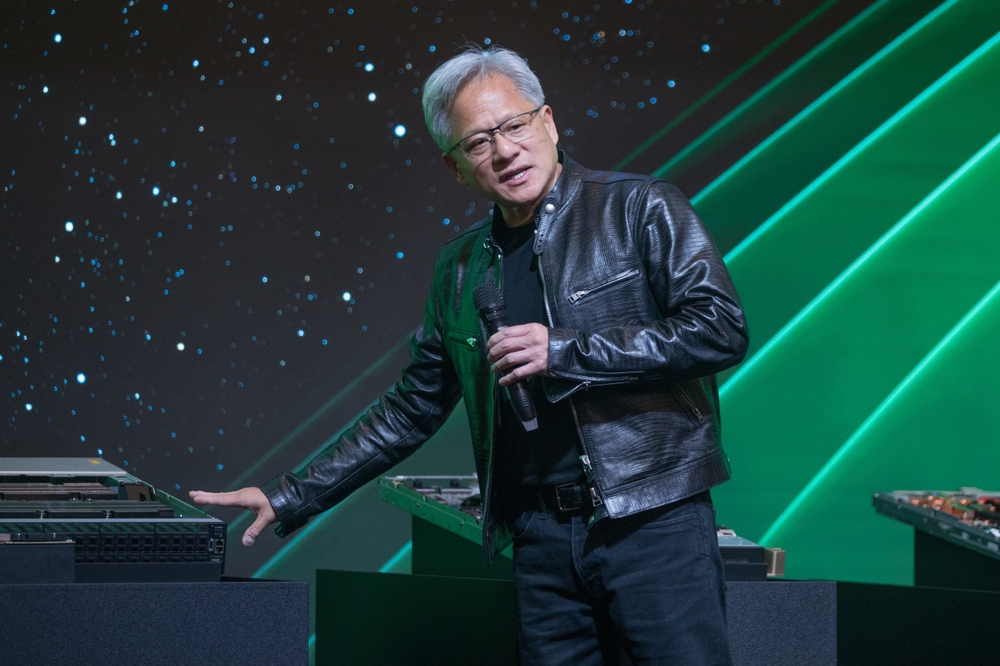
Despite delivering strong earnings last month, Nvidia stock (NVDA) is down 8.5% — a sign that Wall Street is harder to impress as expectations for the AI giant continue to rise.
But for Tory Green, CEO of GPU-power aggregator io.net, the dip reflects something deeper: growing unease with the centralized model that currently dominates AI development, especially when it comes to building out high-performance graphics processing units (GPUs).
“Despite acceptable earnings, Nvidia’s significant share price underperformance signals investor skepticism about centralized AI buildup,” Green said.
“Investors are starting to ask what happens after the hyperscalers — who are failing to meet data storage demand — who’s left? Centralized infrastructure is now the bottleneck, not the unlock, and Nvidia is deeply tied to that legacy model.”
Companies like io.net are offering an alternative.
As a GPU-power aggregator, io.net takes a decentralized approach, pooling together GPU capacity from multiple sources and making it available to a wider range of users.
It's a model inspired by the crypto world where decentralization has long been viewed as a way to challenge traditional financial institutions.
Last week, Nvidia CEO Jensen Huang told CNBC that its next-generation Blackwell GPU will cost between $30,000 and $40,000 per unit — part of a broader $10 billion research and development effort.
Green isn’t convinced that’s a sustainable approach. “A $30,000 GPU is not the future of AI,” he said. “It’s a luxury solution for a limited number of workloads.”
He added: “Over the long term, if decentralization continues to gain momentum, Nvidia risks becoming the IBM of this cycle—dominant in the early stages, but outpaced by more flexible architecture. The upside lies with those who can unlock and route IO computability and not just sell it.”
When Chinese AI startup DeepSeek launched its latest model in January, it added fuel to those concerns.
The company claimed it trained its AI assistant using less than $6 million worth of computing power from Nvidia’s modified H800 chips — intended for the Chinese market as a workaround to U.S. export restrictions.
Nvidia’s stock plunged 17% that day, erasing $589 billion in market value — the largest single-day loss in U.S. stock market history. Year-to-date, NVDA is down 9.2%.
Still, Nvidia remains the undisputed king of AI chips, commanding roughly 80% to 85% of market share. But as alternatives emerge and decentralization gains steam, the company may need to adapt — or risk becoming a legacy player in the very space it helped define.
Your email address will not be published. Required fields are markedmarked